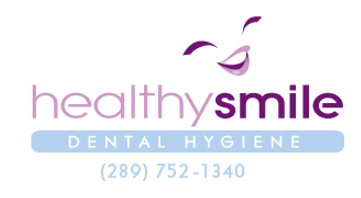Dental crowns are the most acknowledged and popular dental solution to reinstate damaged or decayed teeth. Dental crowns come with immense benefits, as every medical procedure has some side effects, too. By taking a closer look at the pros and cons of dental crowns. Dental crowns offer various benefits, such as tooth protection, enhanced appearance, and improved functionality. Tooth crowns are versatile and can deal with diverse dental concerns effectively. Though, they have some potential drawbacks.
To give you a clearer picture, we have complied pros and cons of dental crowns; take a look below:
Pros of Dental Crowns
1. Tooth Protection: Dental crowns offer a sturdy and resilient protective layer for frail or damaged teeth. They cover the whole visible part of the tooth, shielding it against further wear and tear.
2. Improved Appearance: Crowns are fashioned to go with the color and form of your natural teeth, improving your smile’s appearance. They can successfully cover discolored, deformed teeth, or rigorously stained teeth.
3. Enhanced Strength: Dental crowns are made up of materials like ceramic, porcelain, or metal. Dental are best known for their stability. They bring back the vigor of the tooth, enabling you to chew and bite effortlessly.
4. Longevity: Dental crowns can last for years if proper care is paid. They deliver long-lasting solutions for tooth restoration, curtailing the need for repeated replacements.
5. Restored Functionality: Crowns can incredibly restore the standard functioning of your teeth. You would feel easy in chewing, speaking, and smiling, with no feeling of discomfort for sure
6. Versatility: Dental crowns can be used for multiple purposes, such as for dealing with large fillings, restoring damaged teeth, shielding weak teeth, covering large fillings, and supporting dental bridges.
Cons of Dental Crowns
1. Cost: Dental crowns can be costly, especially if someone has no dental insurance. The fee varies based on the material used and the complications of the process.
2. Tooth Sensitivity: Some individuals may undergo amplified tooth sensitivity after getting a crown. This sensitivity usually disappears, yet it’s a bit discomforting.
3. Potential pain: The procedure of getting a front tooth crown comprises tooth reshaping accommodating a space for the height. This sometimes can cause little pain or discomfort.
4. Allergic Reactions: Some individuals may rarely go through allergic reactions due to the materials used in dental crowns, for instance, metal alloys. It will be wise to share your apprehensions and concerns with your dentist before starting.
5. Tooth Decay Risk: The crown itself cannot perish; the tooth beneath it can still be susceptible to decay at the crown’s edges if oral hygiene is overlooked.
7. Multiple Appointments: The process of getting a dental crown usually takes multiple appointments. Initially, your tooth is prepared, your dentist will take a precise impression of your tooth, and he will place a temporary crown. In the second visit, the dentist will place a permanent crown.
8. Invasive Procedure: Getting a dental crown is about eradicating a part of the natural tooth structure. This is an irretrievable process that can wane the tooth in some cases.
Conclusion
Before you finalize getting a dental crown cost, conversing the pros and cons with your dentist is indispensable. They can assist you in deciding if a crown is the right solution for your dental needs. It is essential to consider and pay attention to the proper oral hygiene measures. Regular dental check-ups from Healthy Smile Dentist Orangeville are crucial to sustaining the vigor and long life of your natural teeth and dental crowns.
